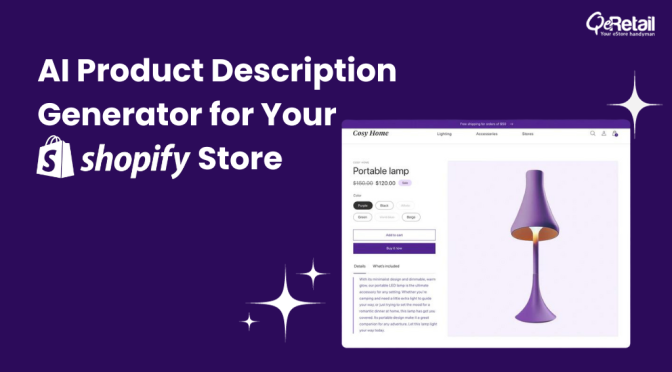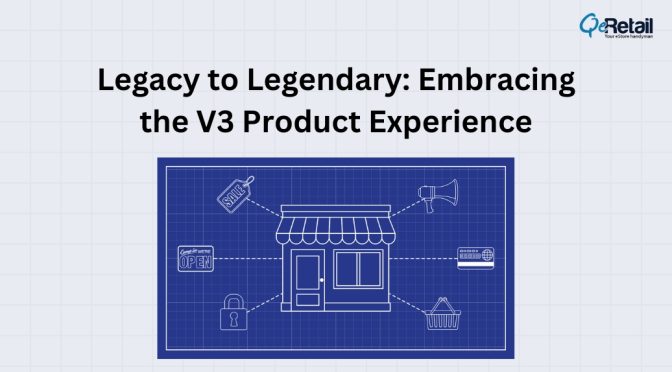Spending huge slots of time and effort on building an Estore using one of the eCommerce software later realizing it should have been some other software for the build is not quite happy. Here we make an attempt to bring out a comparison between Shopify store and BigCommerce store in intent to give you a fair idea of how to make a choice for building your online store!
BigCommerce Vs Shopify:
1) Themes:
Having great physical looks is important, be it for store online or physical so is it for an eCommerce store. Some people even this day have the thought that the pleasure of going to the shop to make a purchase can never be overridden by online shopping, the main reason being the confidence that they fail to get on seeing a store on the web. So it’s the smartness of businesses to display their products at the best online.
-
-
Shopify:
Trendy themes by independent professional web designers, the amalgamation of most current styles due to the variation brought in by various designers, free themes available, paid themes too included, pricey yet worthy premium themes, improves store credibility, 12 free themes, 42 paid themes between $100 and $180.
-
BigCommerce:
Theme preview for 15-day free trial users, 7 free themes, contemporary professional themes, 76 paid themes between 145$ and 235$, similar-looking themes as quoted by experts.
-
Shopify stands higher due to its uniqueness in themes though at higher prices.
2) Template customization:
CMS or HTML/CSS customization options available with both of them.
Template tweaking for a liquid language where HTML and CSS are made use of for dynamic content creation is great with Shopify and stands higher compared to BigCommerce.
3) Pricing:
-
Bigcommerce:
plans range from standard, plus, pro, and enterprise ranging from as low as $29.95 monthly.
-
Shopify:
plans range from Lite, Basic Shopify, Shopify, advanced, plus ranging from $9 monthly.
To talk on Bigcommerce standard at 29.95$ and Shopify basic at 29$ monthly, Bigcommerce scores higher with unique features like gift cards, built-in rating & review, real-time shipping quotes. Shopify requires integration with Product review app, 3-rd party apps for review functionality. Sales limit applies to Bigcommerce while not to Shopify.
- Transaction fees: Bigcommerce charges no transaction fees anytime, while Shopify charges no transaction fee in certain countries US, UK, Canada and Australia with ‘Shopify Payments’ without which some fee applies.
- Credit card fees: Credit card fee for online selling ranges from 1.6% to 2.2% and 1.6% to 2.7% for sale in person in Shopify. Bigcommerce less suits high volume sales owners but good for low volume goods; fee ranges from 2.2% to 2.9%.
- Sales limit: No sales limit for Shopify and for Bigcommerce enterprise but sales limit exists for standard, plus and pro-Bigcommerce
- Conclusion on Pricing: Shopify Lite plan facilitates for selling on Facebook, Buy now integration with existing sites, selling a lower number of products, POS transactions.
4) Product categories:
Shopify lets you manually add products, create categories of products, and set up product addition to categories automatically by Shopify based on certain criteria.
5) Product options:
Shopify gives 3 variants per product while Bigcommerce gives you a bigger list. With Shopify, you may need to use apps for more product options.
6) File uploads is possible with Bigcommerce.
7) Blogging is available with both.
8) Abandoned cart
saver with Bigcommerce is beneficial in sales recovery compared to Shopify.
Buying domains available with both are better bought from individual providers. Both allow POS transactions and are mobile responsive.
To conclude, cheaper Shopify lite, more templates, cheaper paid templates, product categorization, 3-rd party apps, tax calculation makes Shopify stand higher. Now that you have a fair idea on both the platforms and maybe even on a few other providers, you may be sure of what you need; Ask us right now for any of the eCommerce services you may need.







